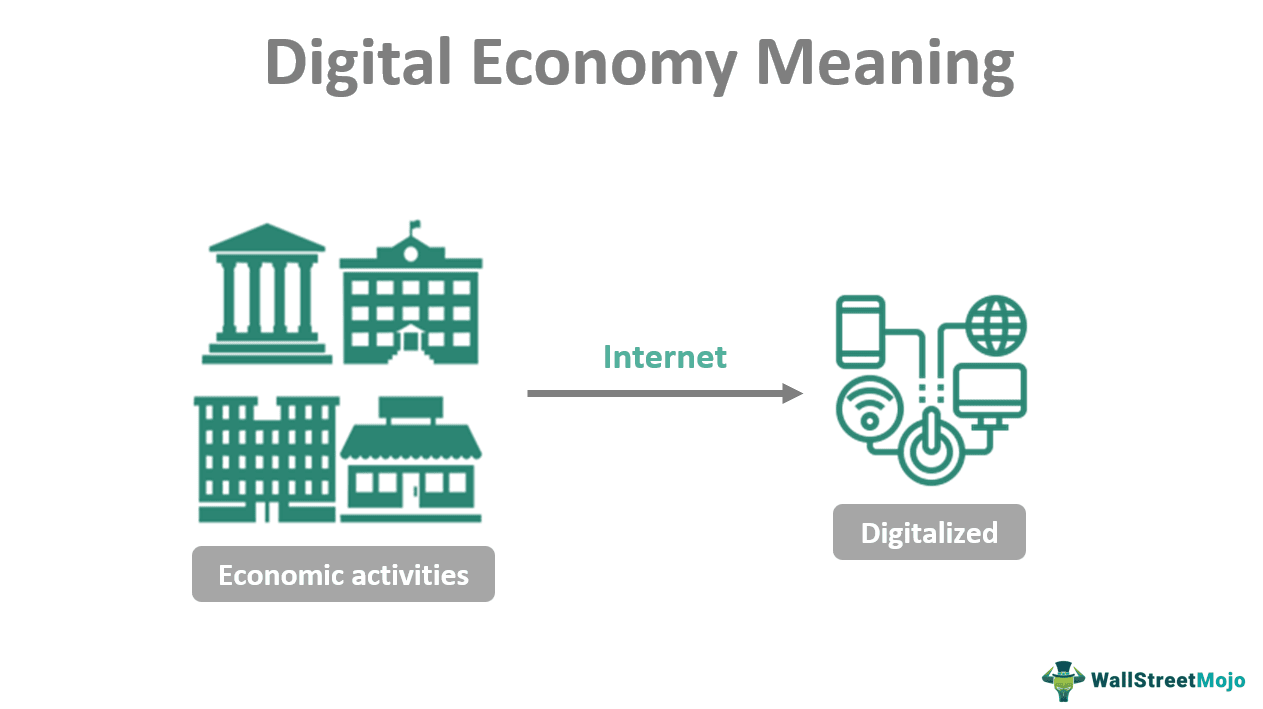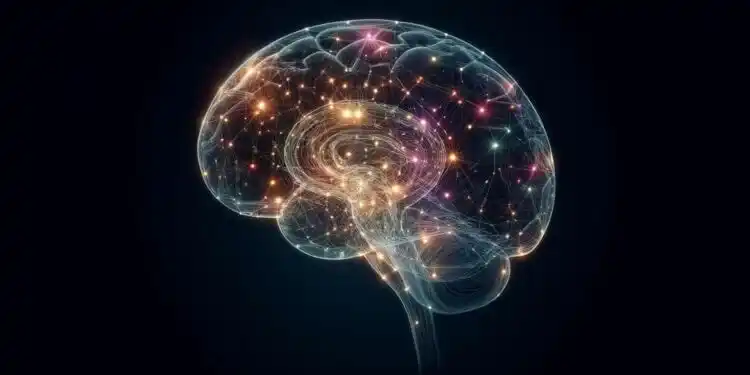Essential Components of a Balanced Diet Explained
Mia Wilson
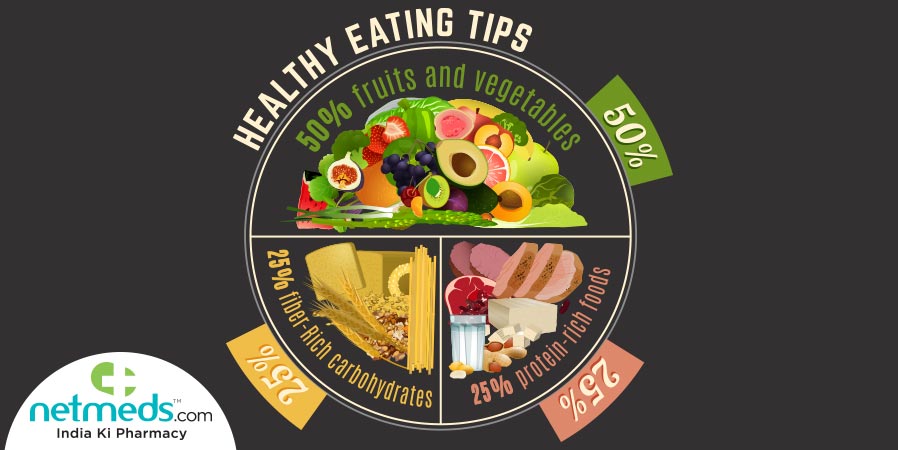
Photo: Essential Components of a Balanced Diet Explained
Essential Components of a Balanced Diet Explained
A balanced diet is the foundation of a healthy lifestyle. With the increasing prevalence of diet-related illnesses such as obesity, diabetes, and heart disease, understanding the essential components of a balanced diet has never been more important. This article explores the key elements of a well-rounded diet, offering insights into how these nutrients contribute to overall well-being.
What Is a Balanced Diet?
A balanced diet provides the body with the nutrients it needs to function correctly. It includes a variety of food groups in the right proportions to ensure that the body receives essential vitamins, minerals, carbohydrates, proteins, fats, and water. The primary goal of a balanced diet is to promote good health and reduce the risk of chronic diseases.
Importance of a Balanced Diet
A balanced diet plays a critical role in maintaining optimal health. It helps:
- Strengthen the immune system.
- Maintain healthy body weight.
- Support physical and mental well-being.
- Reduce the risk of developing lifestyle-related diseases.
Incorporating all the essential nutrients in appropriate quantities ensures that bodily functions, such as metabolism and immunity, operate efficiently.
Key Components of a Balanced Diet
1. Carbohydrates: The Body’s Primary Energy Source
Carbohydrates are often misunderstood and unfairly blamed for weight gain. However, they are an essential component of a balanced diet. They provide energy, especially for the brain and muscles during physical activity.
Sources of Healthy Carbohydrates
- Whole grains (brown rice, quinoa, oats)
- Fruits and vegetables
- Legumes (beans, lentils, chickpeas)
- Nuts and seeds
Tip: Choose complex carbohydrates over refined sugars for a steady release of energy throughout the day.
2. Proteins: Building Blocks of the Body
Proteins are vital for growth, repair, and maintenance of body tissues. They are composed of amino acids, some of which the body cannot produce on its own (essential amino acids), meaning they must be obtained through diet.
High-Quality Protein Sources
- Lean meats (chicken, turkey)
- Fish (salmon, tuna)
- Eggs and dairy products
- Plant-based sources (tofu, tempeh, legumes)
Including a mix of animal and plant-based proteins can ensure that you get a wide range of amino acids.
3. Fats: More Than Just an Energy Reserve
Fats are another nutrient often misunderstood. While it’s true that excess fat intake can lead to health issues, healthy fats are crucial for brain function, hormone production, and the absorption of fat-soluble vitamins (A, D, E, and K).
Types of Fats
- Unsaturated Fats: Found in avocados, nuts, seeds, and olive oil. These fats are heart-healthy and can help reduce bad cholesterol levels.
- Omega-3 Fatty Acids: Found in fatty fish like salmon and mackerel, omega-3s support brain health and reduce inflammation.
Tip: Limit intake of trans fats and saturated fats commonly found in processed foods and fried items.
4. Vitamins and Minerals: Tiny Nutrients with a Big Role
Vitamins and minerals are essential for a range of bodily functions, from maintaining bone health to supporting the immune system. Different vitamins and minerals play specific roles:
- Calcium: Supports bone health. Found in dairy products, leafy greens, and fortified plant milks.
- Iron: Essential for oxygen transport in the blood. Found in red meat, spinach, and legumes.
- Vitamin C: Boosts the immune system and aids in collagen production. Found in citrus fruits, bell peppers, and strawberries.
Consuming a colorful variety of fruits and vegetables ensures you get a wide range of these micronutrients.
5. Fiber: Essential for Digestive Health
Dietary fiber promotes healthy digestion and can help prevent constipation. It also aids in maintaining a healthy weight and lowering cholesterol levels.
Sources of Fiber
- Whole grains (brown rice, whole wheat bread)
- Vegetables (broccoli, carrots)
- Fruits (apples, berries)
- Legumes (lentils, chickpeas)
Tip: Aim for at least 25-30 grams of fiber daily by incorporating a variety of plant-based foods into your meals.
6. Water: The Unsung Hero
Often overlooked, water is an essential component of a balanced diet. It helps maintain fluid balance, regulates body temperature, and aids in nutrient transportation and waste elimination.
Recommendation: Drink at least 8-10 cups of water daily, and adjust intake based on activity levels and climate.
How to Achieve a Balanced Diet
Achieving a balanced diet doesn’t have to be complicated. Here are some practical tips:
- Eat a Variety of Foods: No single food can provide all the nutrients your body needs. A diverse diet ensures you get a comprehensive range of nutrients.
- Portion Control: Eating the right portion sizes prevents overconsumption and promotes weight management.
- Limit Processed Foods: Processed and fast foods often contain unhealthy fats, added sugars, and excessive salt.
- Plan Your Meals: Meal planning helps ensure you include all food groups and prevents unhealthy snacking.
Common Misconceptions About a Balanced Diet
- "Carbs are bad for you."
As discussed, not all carbs are harmful. Whole grains and vegetables provide essential nutrients and fiber. - "Fats should be avoided."
Healthy fats are crucial for numerous bodily functions. It’s about choosing the right type of fat. - "Skipping meals aids weight loss."
Skipping meals can lead to overeating later and deprives the body of necessary nutrients at regular intervals.
Conclusion
A balanced diet is the cornerstone of a healthy life. By understanding the essential components carbohydrates, proteins, fats, vitamins, minerals, fiber, and water you can make informed dietary choices that support overall well-being. Small, consistent changes in your eating habits can lead to significant health improvements over time.
Remember, balance is key. It’s not about perfection but about maintaining a healthy relationship with food and nourishing your body with the nutrients it needs.
For You
View AllExplore the top EV charging networks for seamless electric vehicle travel. Find the most reliable and widespread options today!
Mia Wilson
Explore the definition of the digital economy and its influence on global business. Click for a clear breakdown!
Mia Wilson
Understand the bond market, its role in financing, and how it impacts the economy. Click to learn more!
Mia Wilson
Discover how connected car data is generating revenue for automakers and reshaping the driving experience. Explore the future!
Mia Wilson
Understand the severe consequences of sleep deprivation on your health and life. Learn how to prevent sleep loss today! Read now.
Mia Wilson
Push your limits with these extreme adventure destinations. From skydiving to volcano hikes, adrenaline junkies will love these epic trips!
Mia Wilson
Health



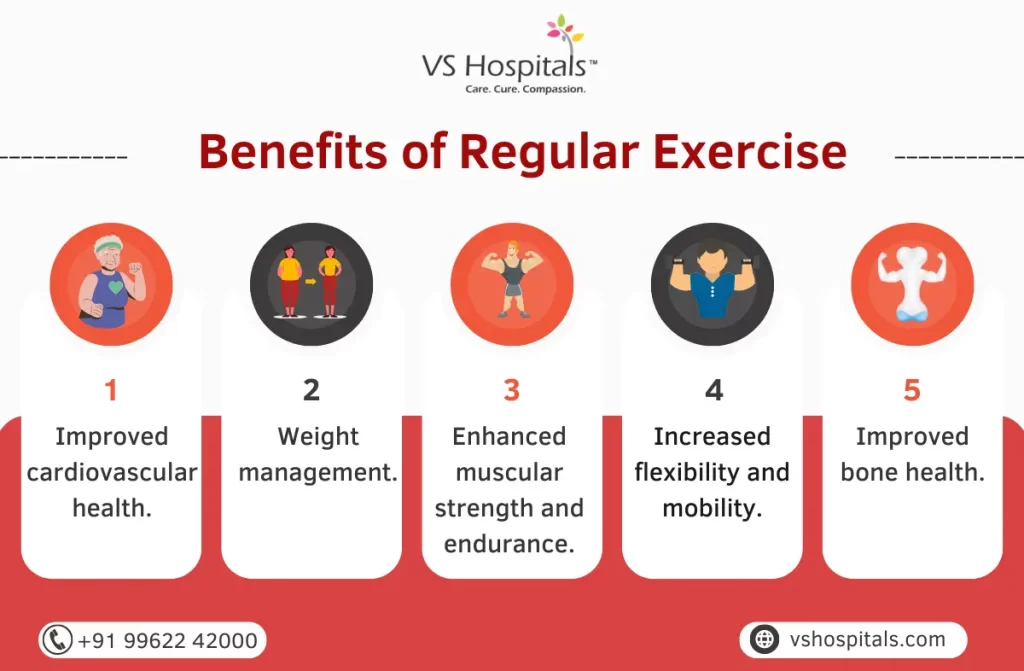


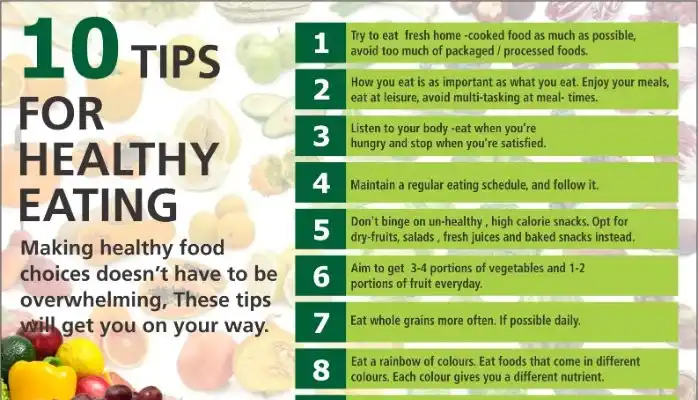
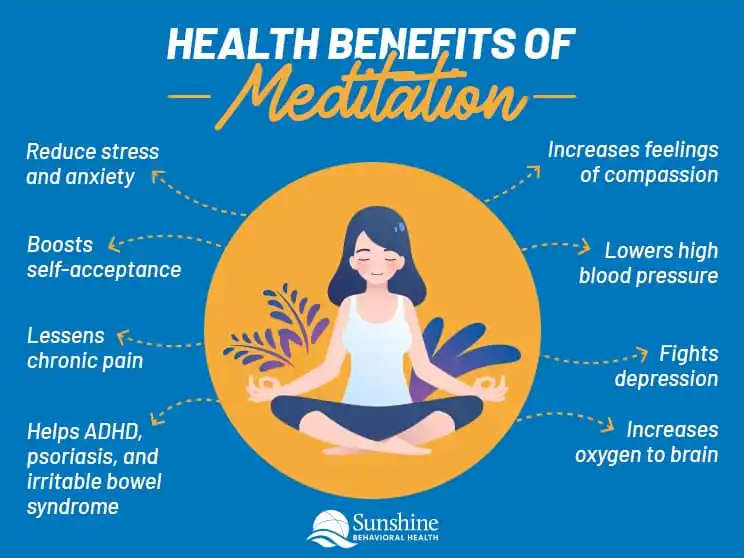
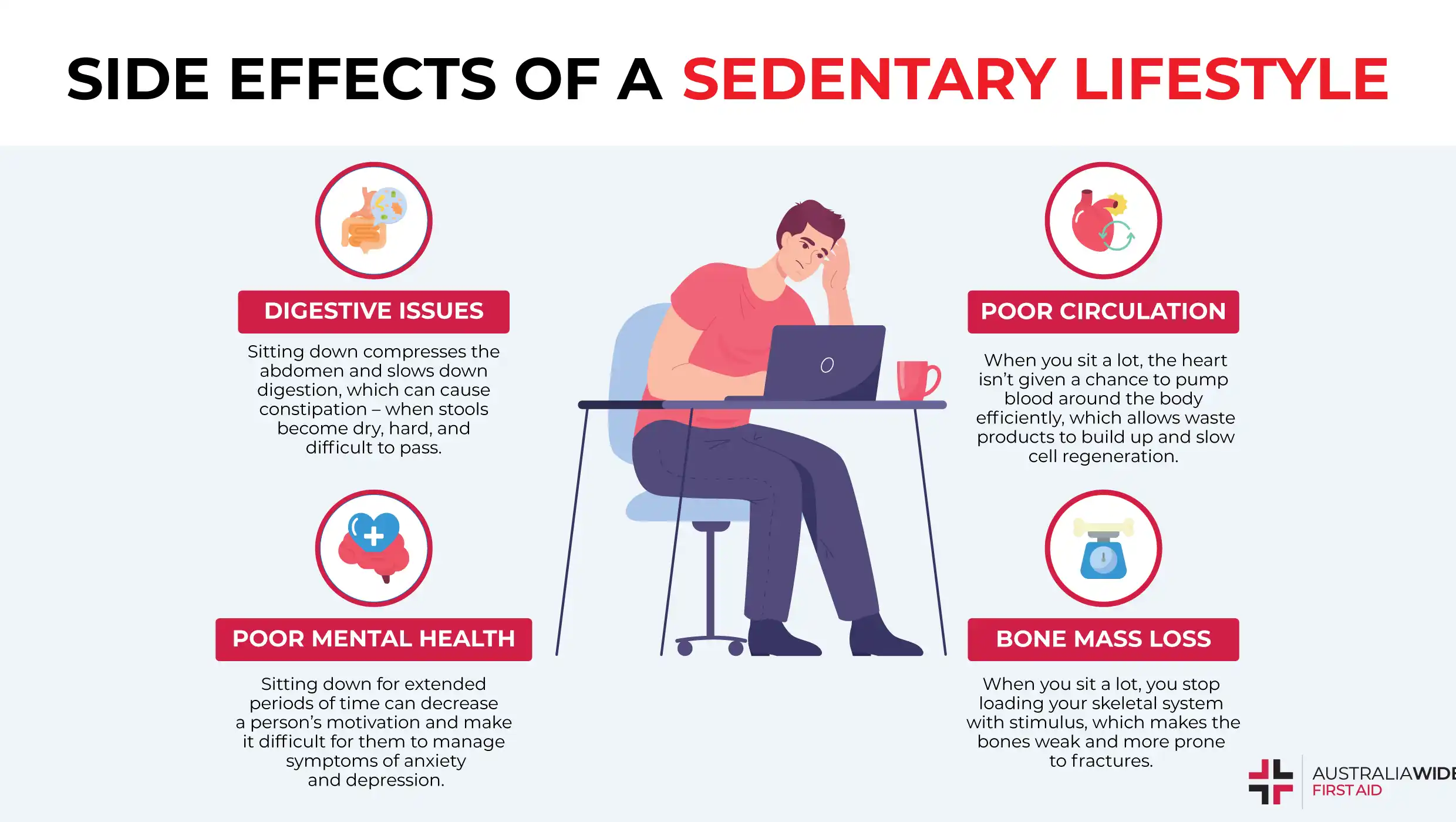

Education
View All
May 28, 2025
Should Sex Education Be Taught in Schools?
Dive into the debate about sex education in schools and its role in promoting informed and healthy choices. Share your thoughts!

May 1, 2025
How to Become an Educational Consultant
Learn how to become an educational consultant and guide schools or organizations to success. Start your career path now!

April 22, 2025
What Is Early Childhood Education?
Explore early childhood education, its benefits, and how it shapes a child’s future. Start building strong foundations!

